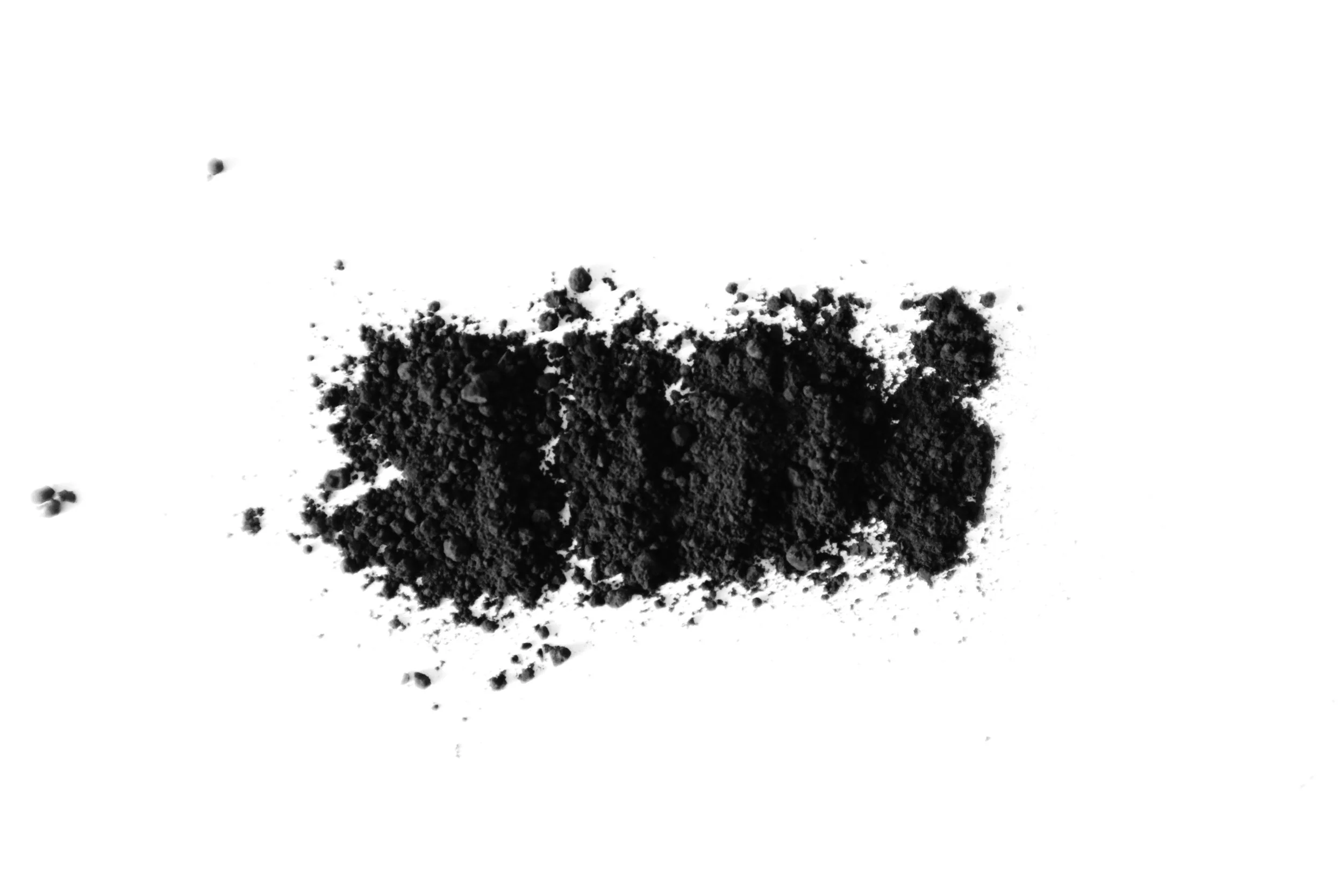You Are Dust, but Awfully Lovable Dust
Photo by Adrien Olichon via Unsplash
A cartoonist, noticing how Ash Wednesday and Valentine’s Day sometimes (if rarely, like today) fall on the same day, imagined how greeting card companies might kill two birds with one stone.
Like a saying on a card that goes,
Roses are red / Violets are blue
Lent is beginning / No chocolates for you
Or he thought of another card’s greeting, recalling the Episcopal prayer book’s language for our human condition:
Won’t you be my valentine…
you miserable offender?
And another, especially appropriate for those of us who observe Ash Wednesday:
Remember that you are dust,
but awfully lovable dust.
That both days coincide this year helps us recall how our view of life and love needs to go beyond our Hallmark culture’s preference only for a sentimental glow. We don’t so much need glitter, but rather the grittier, more challenging take on love that we get from the season of Lent, which Ash Wednesday ushers in on this Valentine’s Day.
I like what author Tish Harrison Warren wrote a few years ago when the two holidays likewise fell on the same day: “With its declaration of human finitude and mortality, Ash Wednesday is always counter-cultural, but when it falls on the very day that chalky candy hearts proclaim ‘Be Mine,’ ‘Wink Wink,’ and (my favorite) ‘U R A 10,’ the contrast is particularly stark.”
Stark, but important and necessary, pointing us to what we already know and need to be reminded of. We get a good reminder of what we long to hear and maybe don’t realize until we do, brash and bracing though it seems at first.
Today is different for me in another way. Newly retired, for the first time in twenty-some years, I will not stand in front of a congregation and pray, as part of the worship service for Ash Wednesday,
Almighty God, you have created us out of the dust of the earth: Grant that these ashes may be to us a sign of our mortality and penitence, that we may remember that it is only by your gracious gift that we are given everlasting life; through Jesus Christ our Savior. Amen.”
But I will hear it when I go to the church down the road. Sometimes it’s good to be ministered to.
And then I will experience how the minister “imposes,” to use the prayer book’s suggestive word, ashes on the foreheads of those of us who come forward. And she will say,
Remember that you are dust, and to dust you shall return.
The ashes are chalked onto to skin in the shape of a cross, of course. Usually a bit imperfectly, even raggedy. Always black and sandpaper-rough as the ash gets pressed into smooth skin.
Somber, to be sure. Seemingly dismal. “Imposition,” indeed.
But the day is also hopeful. For the service proceeds with a psalm “sung or said:”
Have mercy on me, O God, according to your loving-kindness; in your great compassion blot out my offenses. Wash me through and through from my wickedness and cleanse me from my sin.”
And we’re asking for mercy not as an achievement, but always by, as the prayer said, God’s “gracious gift.” The whole day gets shot through with grace.
And I think the cross itself, ground into the pores of my skin, is more than hopeful. It’s a sign of what God will be and is ready to do. Theologian Jurgen Moltmann in his provocatively titled The Crucified God writes, “A God who is incapable of suffering cannot be involved.” Because we know from Christ’s earthly life he did shed tears (“Jesus wept,” we learn in John’s Gospel), and because he will agonize on the cross, so can God experience hardship for us. Christ himself even seemingly suffers abandonment by God as he cries out “Why have you forsaken me?” There is mystery here, of course. And great possibilities for how to live. Without that grace, we’re toast. With Christ, we are still dust, but lovable dust.
In my ordinary moments, in my facing my mortality and today’s tiny and huge challenges, I will never do so alone. Christ walked this way before in self-sacrifice and abounding kindness. His is the ultimate love. Love, I’m coming to believe, is one of our best and truest names for the God we see in the Trinity.
That’s a gritty love, but there’s never a time I don’t need to see it and hear about it. And have its most powerful sign pressed on to my forehead.
